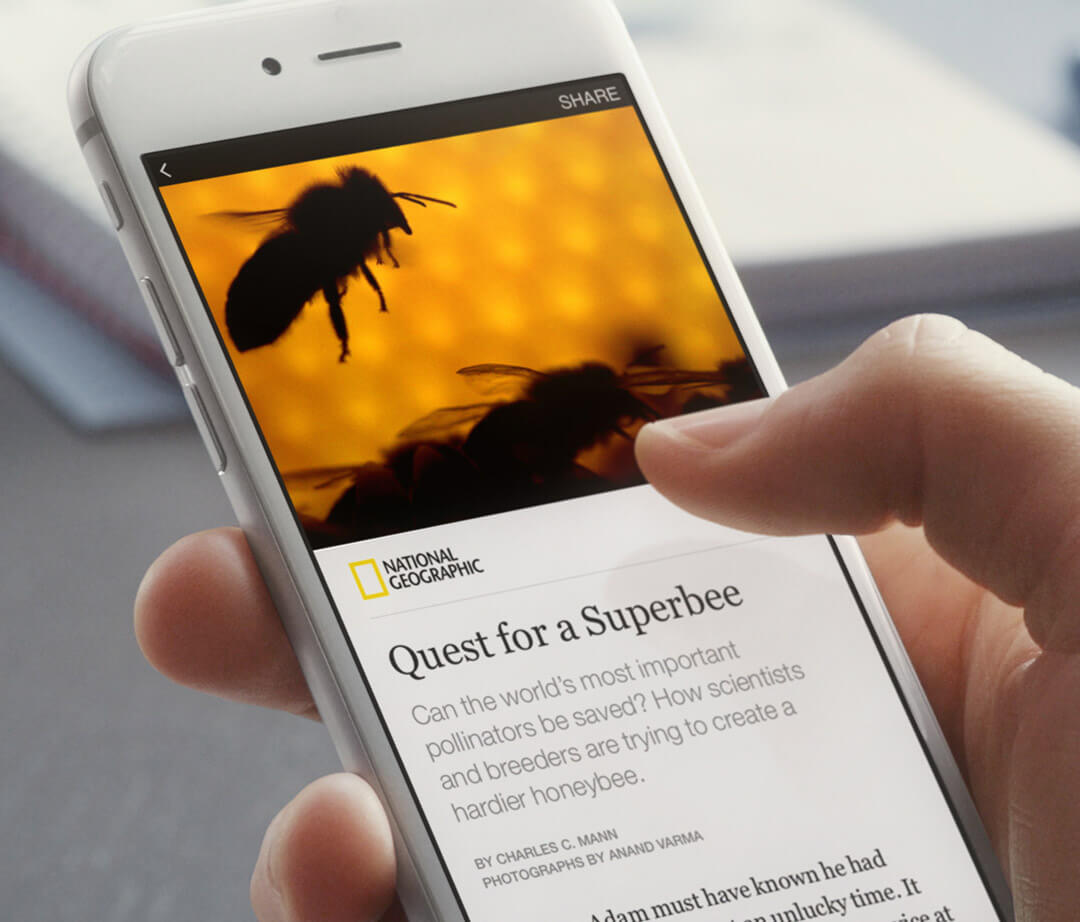Facebook never ceased to surprise us and this time they came up with another great product that promises to change the face of online mass media. The most recent data showed that people are reading more and more news through Facebook using their mobile devices. This is why Instant Articles was recently launched and is already making a lot of noise among publishers, marketers and even users.
For this first phase of their new product they teamed up with some of the biggest publishers out there including BBC, NBC News, The New York Times, National Geographic, Buzz Feed and a few others. This new feature is available for mobile devices, only compatible with iOS for now, and it offers content at a higher speed, interactive pictures, audio and video support and even maps. The trick is that this will make users consume more content and spend more time on the news feed, thus encouraging them to spend even more time on Facebook.
What’s in it for these media titans?
First of all, the 1.25 billion mobile active users on Facebook that can become their readers by increasing their visibility. What Facebook actually offers is not just the great speed of reading articles, motion graphics, expandable images, or a better user experience, but also a greater control over their audience. One of their intentions is to keep readers on Facebook even more connected because now they don’t have to click on a link to get to an article through a browser. This was loading slowly and experience proved that users don’t wait more than 6 to 9 seconds for a page to load.
However, getting to an article through a browser meant sending the user to the source where he could get recommendations. This is not so visible with Instant Articles because accessing content directly from Facebook’s servers it makes it fast but without realizing, you are still on Facebook except there is no obvious logo. There is the possibility to follow that publisher, again on Facebook, and to get some recommended news at the bottom of the article.
In exchange for this limited possibility to read further news directly from the same publisher there is another bright side. These companies have access to data on users. This way they can learn what they read and for how long or which are their interests so they can insert the appropriate ads in the articles.
Who gets the short straw?
For the moment everything is not clear and there are voices arguing that publishers will have more to lose at some point due to the inevitably change of heart Facebook will have. After all, they can do whatever they want and after a while they might change the terms in detriment of those offering the content.
On the other hand, what seems clear is that this will increase Facebook’s power and control over the internet. Some argue that they can even become the next front page of the internet. Another fear is that using this application will make the publisher of the content less relevant. No matter the pros and cons it all remains to be seen and for sure people cannot wait to see how this will evolve.


